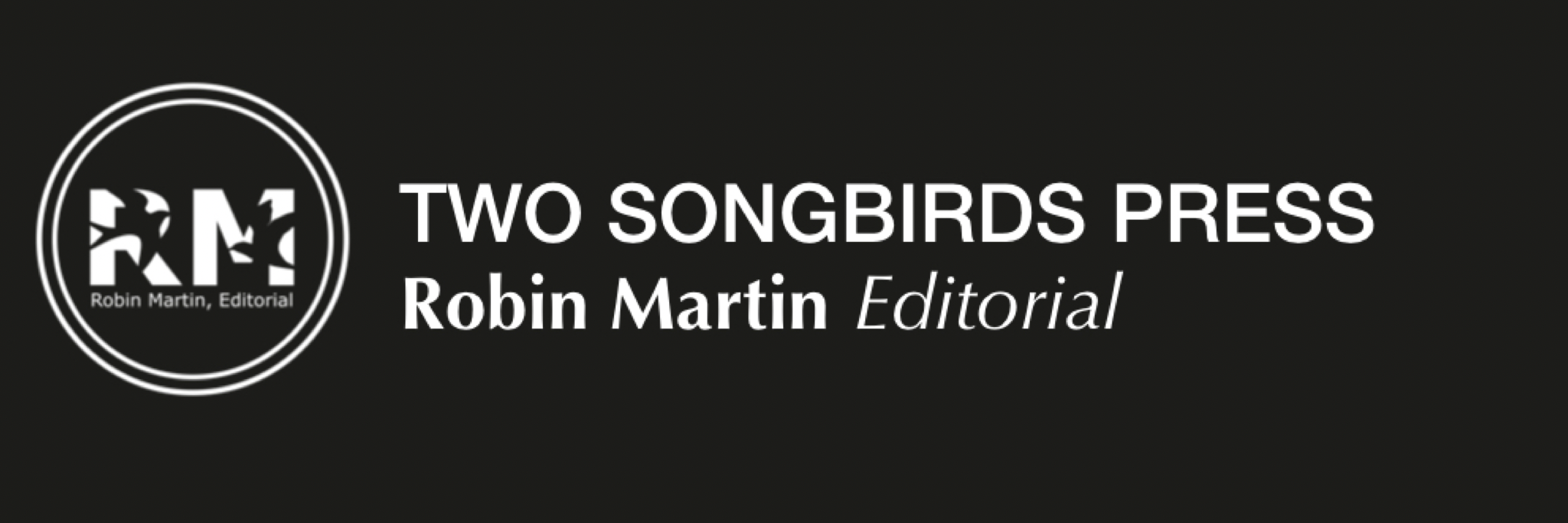- February 20, 2010
- Robin Martin
- No Comments

I volunteered for the first time at the San Francisco Writers’ Conference at the Mark Hopkins Hotel over Valentine’s weekend and had quite a positive professional experience there. I would have blogged about it sooner, but at the tail end I came down with a nasty head cold that wiped me out for a bunch of days. I suppose I was due for a whomper— had been staying well despite everyone around me succumbing to it.
Anyone can learn about the conference at the website, www.SFWriters.org, so I won’t bore you with the details. I do want to mention some of the highlights for me, and end with a cautionary tale.
My first duty was hosting and timekeeping for a standing-room only workshop led by a woman named Philippa Burgess, an Entertainment Professional, who discussed the importance of branding and connected it, in particular, to a writer’s “elevator pitch:” that 15-35 seconds of selling what you’re writing about to a VIP in an elevator.
Going up, of course.
She convincingly led a few participants’ dull elongated tales of what they write towards concise, albeit generic buzz words that they may not have considered applied to what they did before.
Ah, the marketing element of what a writer does. Don’t you love it.
Later, I enjoyed listening to Alan Rinzler, the Executive Editor of Jossey-Bass/John-Wiley, and an independent developmental editor (way more $$$ than I am!). When I worked with Andrea, I pitched a couple of books to him, and know he’s one of the most long-standing editors around.
I respect him, and am trying to believe his presentation, titled: “Why There’s Never Been A Better Time for Writers Seeking Publication.” He gave his audience some numbers: in 2009, the stock value of his publishing company went up 18.8%. The unit sales for Jossey Bass were up 4%. But, of course, the cynic (and non-math major) in me recognizes that even a 20% increase from the 2008 loss might still be a drop from the 2007 numbers. I’m only guessing.
Something interesting he did say, however, was that there were more debut novels in 2009 than ever before. He emphasized that this number was not including publish-on-demand debuts, but traditional publishing houses. But I am unclear as to whether these were debut novels put into circulation or debut novels purchased by the houses for later publication/release. It takes sometimes well over a year to get a book on the shelves from the time an editor buys it for his/her house.
In any case, I am trying to believe him. That if only something is good enough, ripe enough, the pickers are there waiting with aprons open. It is hard not to be skeptical knowing that Kobbie’s novel was just passed on. I still stand by it: It is a fantastic book. She was robbed.
Speaking of Kobbie’s novel, I made certain to connect with one of the editors who carefully considered it before her team passed: Caitlin Alexander, senior editor at the Random House Publishing Group. What a marvelous woman and empathetic editor! I proctored her table during a session known as Ask A Pro, where anyone from the conference can come sit down with an important professional and has three undivided minutes of his/her time. The attendee can do a two minute pitch and receive a one minute critique, or ask a question about the process, however they decide to do it.
Amazingly, quite a few conference attendees had no idea who they were talking to. They wanted her opinion on how they might improve their chance to get an agent the next day. “Hello!” I wanted to shout at them, “This is a senior editor at Random House! She buys Fiction!”
BWAHHrgh!
Listen up, all of you who are hoping to be published by a major publisher! You need to get an agent so you can get three minutes in front of Caitlin Alexander and her ilk. If you have three minutes with her, BE READY TO PITCH YOUR STORY! You can worry about the agent after she says “Please send me the first 50 pages with SFWC in the subject heading.”
This is why people need a publishing consultant who understands the biz even just a little bit. The books say “you need an agent.” True. Very True. But, I guess it’s more than common sense that says if you have that elevator moment with an editor from a big house, don’t ask them about getting an agent. Have your key words at the tip of your tongue.





